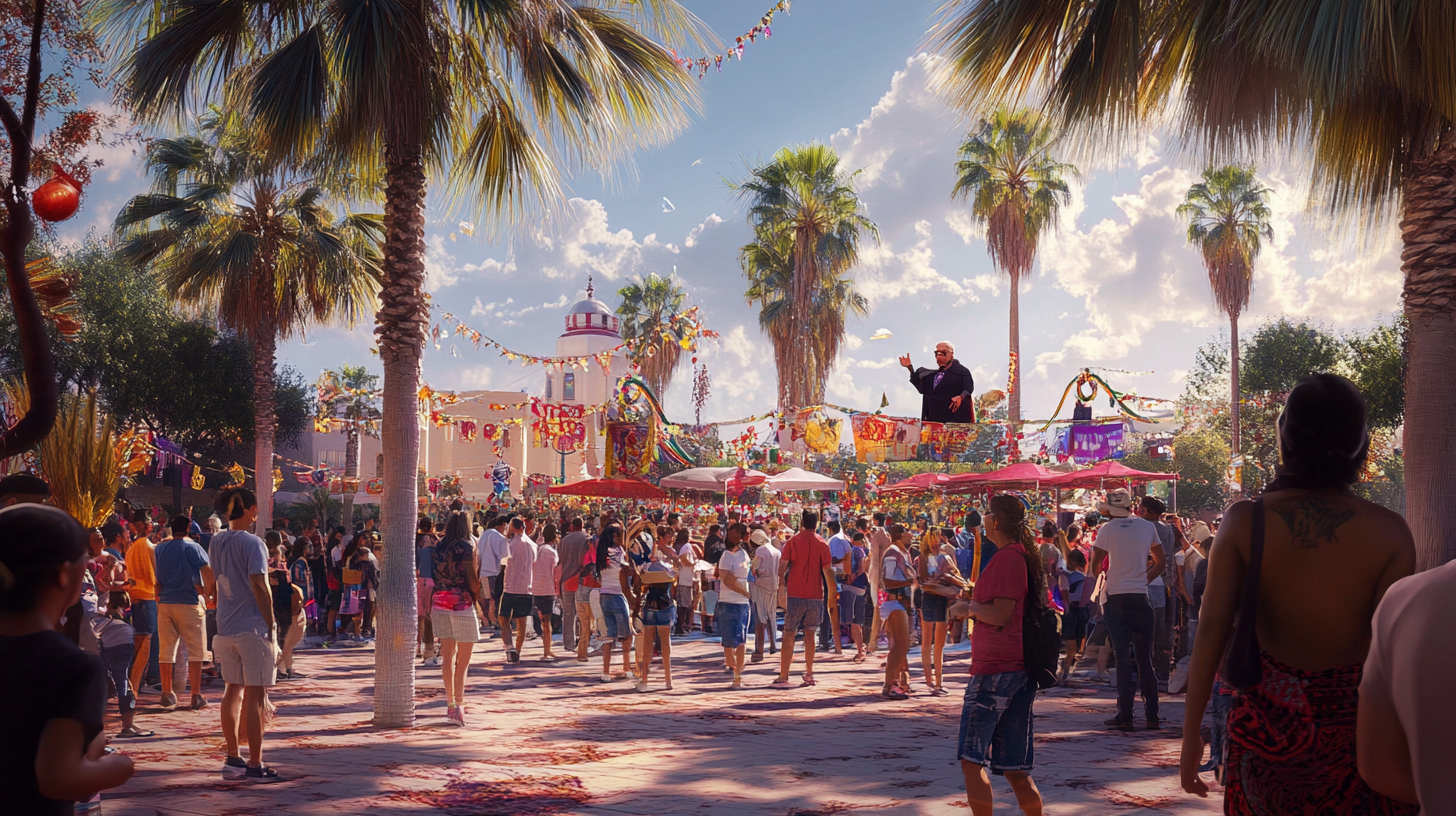Mayor’s Vote May Spark Deadlocks on Harlingen City Commission
In Harlingen, the upcoming mayoral vote is raising concerns across the Rio Grande Valley (RGV) due to its potential to create deadlocks on the Harlingen City Commission. This development has drawn the attention of local citizens and officials alike, signaling significant implications for governance and decision-making processes in the city, with a wider impact on South Texas.
Harlingen Commission: A Critical Juncture
As the mayoral vote approaches, Harlingen finds itself at a critical juncture. The possibility of deadlocks on the city commission can impede progress on key local issues, ranging from infrastructure projects to budget allocations. The RGV news community is abuzz with discussions about how this could affect the efficiency and responsiveness of local government.
Maria Lopez, a long-time Harlingen resident and community advocate, highlighted these concerns. “A stalemate on the commission can slow down vital projects that our community urgently needs. It’s essential to maintain a functioning local government that can address the issues facing Valley residents,” Lopez stated.
The Role of JavaScript and Cookies in Digital Governance
While primarily a technological topic, an understanding of functions such as JavaScript and cookies offers a parallel insight into how systems rely on behind-the-scenes processes to function seamlessly. In digital terms, enabling JavaScript enhances website performance by allowing for interactive features and dynamic content, which translates into a more efficient and engaging online experience. Similarly, cookies store crucial user information, enhancing efficiency and customization.
When considering digital governance and community communication, enabling these features ensures transparency, ease of access, and interaction—a metaphorical nod to the functioning of the local government.
Impact on the Broader RGV Community
For Valley residents, the effects of potential deadlocks could extend beyond Harlingen, impacting regional strategies on economic development, public safety, and community programs. South Texas thrives on collaboration and collective progress, and any disruption in Harlingen’s governance could reverberate throughout the region.
Jose Rivera, a professor of political science at the University of Texas Rio Grande Valley, explained, “Harlingen is a pivotal city in our region. Any gridlock could set a precedent that stymies regional cooperation and delays critical initiatives vital to South Texas.”
Historical Context and Present Concerns
The idea of city commission deadlocks is not new. Historically, divided councils have faced challenges in decision-making processes, affecting governance efficacy. This scenario evokes past incidents where divisive votes delayed important policy implementations in Harlingen and its surrounding areas.
Jessica Martinez, a local historian, remarked, “In the past, indecision has hindered progress in our city. Learning from our history is key. We must strive for resolutions that encourage collaboration rather than division.”
Future Implications: Strategies for a Resilient Harlingen
Looking towards the future, strategic measures are necessary to mitigate the risk of deadlocks. Encouraging open dialogue and compromise among commission members could foster a cooperative environment conducive to effective governance. Establishing clear priorities and fostering inclusive community engagement can also ensure that diverse voices contribute to Harlingen’s growth.
The emphasis on technology, akin to enabling digital features like JavaScript or cookies, highlights the importance of system optimization—translating into streamlined processes and enhanced productivity for Harlingen’s leadership.
Balancing Perspectives for Collective Growth
Of course, solutions must incorporate diverse perspectives, balancing concerns over governance efficacy with a commitment to representing community interests. By considering the varied viewpoints of officials, community leaders, and residents, Harlingen can work towards equitable solutions that reflect the needs of all stakeholders.
Ultimately, harnessing the potential of thoughtful dialogue, transparency in communication, and a unified approach can guide Harlingen through these challenging times, ensuring its progress despite political uncertainties.
Local Resources and Further Information
As Harlingen faces the potential consequences of the mayoral vote, city officials and civic organizations are offering workshops and discussions to keep residents informed. Valley residents are encouraged to engage with these resources to better understand how they can participate in shaping their community’s future.
In summary, while the Harlingen City Commission’s potential deadlock poses risks, it also presents opportunities for growth through cooperation and innovation. By drawing on both historical lessons and modern strategies, the Rio Grande Valley can pursue a path that prioritizes community interest and progress, even amidst challenges.







